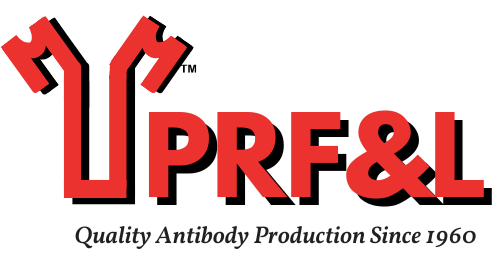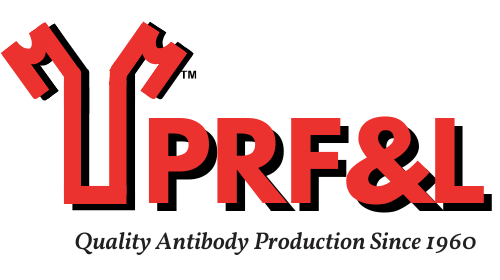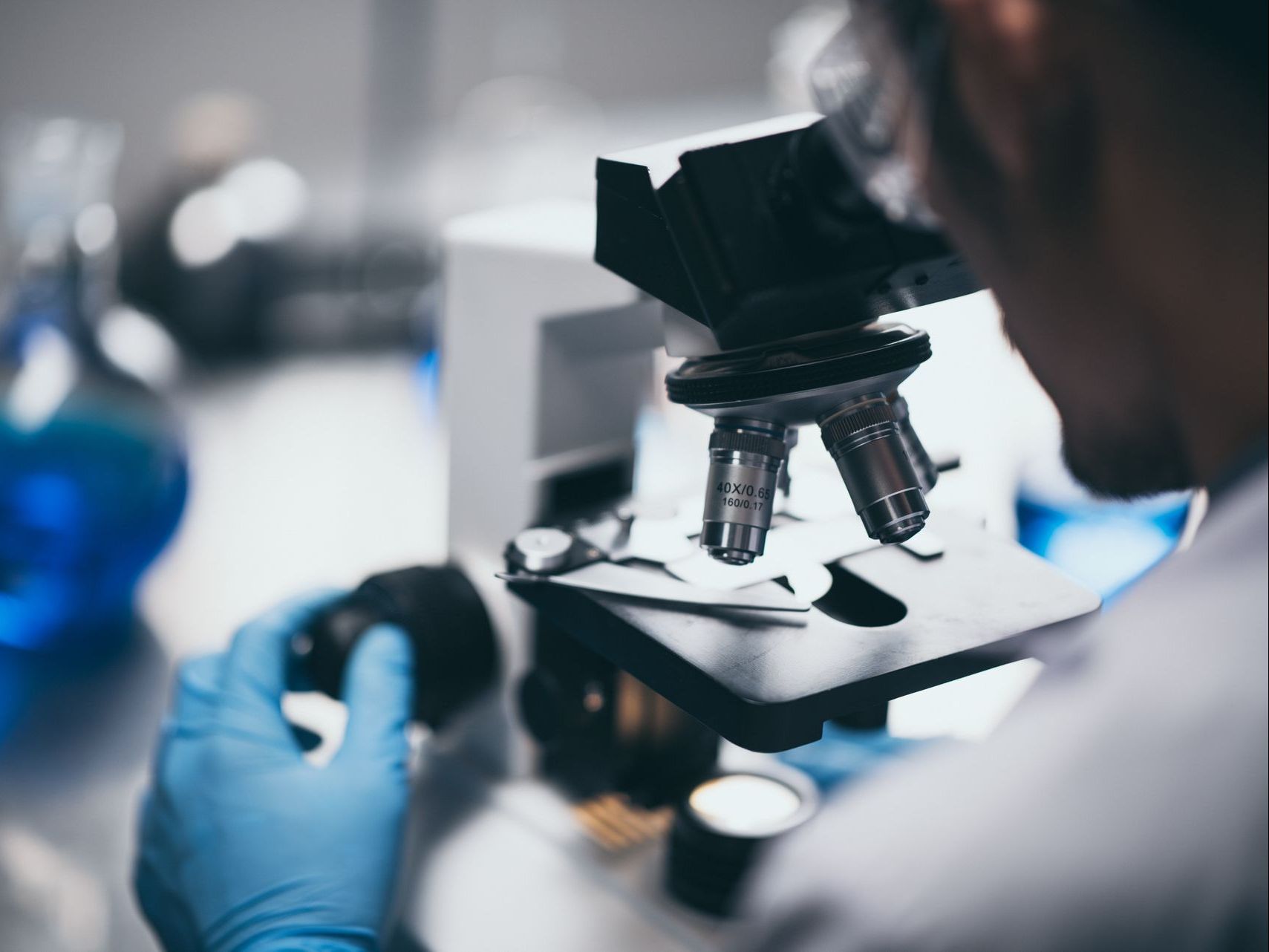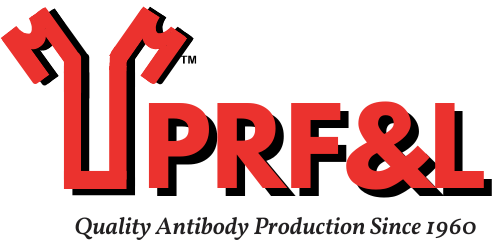CUSTOM
ANTIBODY PRODUCTION
Monoclonal Antibody Production by In-Vivo Methods, specifically through Ascites Production, offers a reliable and efficient means of generating high-quality antibodies for various research and therapeutic applications. Here's an overview of the process and its considerations:
Our services encompass cell line preparation, immunization into Balb/c Mice, and all necessary procedures and husbandry for a typical production run. Ascites fluid is harvested a maximum of three times per mouse, yielding 3 to 10 ml per mouse, followed by euthanasia and disposal.
Considerations for using the ascites method include:
- Some hybridoma cell lines may not adapt well to in-vitro conditions, leading to negative or low yields.
- Monoclonal antibodies from mouse ascites fluids are crucial for experiments involving immune system components, autoimmune diseases, histocompatibility complexes, and more.
- Hybridoma cells may not replicate appropriate antibody activity in culture, particularly for certain protein antigens.
- Elution of monoclonal antibodies from purification columns can be sensitive, leading to denaturation or proteolysis and loss of antigen-binding activity.
- Serum-free cell culture methods may not produce sufficient quantities of monoclonal antibodies, especially anti-human isotypes crucial for vaccine evaluation.
- Monoclonal antibodies harvested from ascites fluids are essential for treatments such as removing tumor cells from bone marrow in neuroblastoma therapy.
- Culture methods may yield monoclonal antibodies with different glycosylation patterns, influencing antigen binding and biological functions.
- Contaminated myeloma cells producing monoclonal antibodies may need to be passaged through mice.
- Some cell lines that adapt to tissue culture conditions may lose production efficiency over time.





